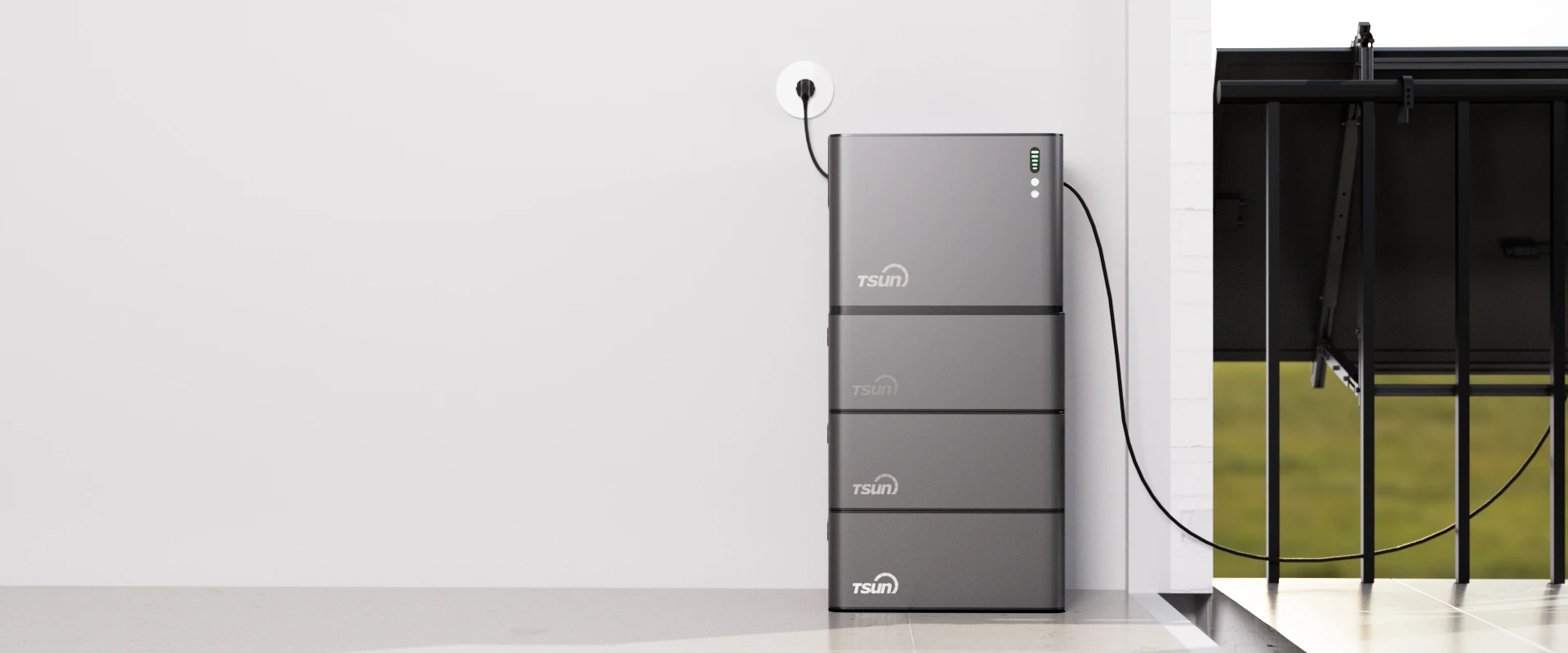Easy Solar Kit (with microinverter)
 LEARN DETAILS
LEARN DETAILS
 News
News
Table of contents
Harnessing the Power of Home Solar Panels and Battery Storage
In recent years, the push for renewable energy solutions has become increasingly vital as climate change and environmental concerns take center stage. Among the various options available, home solar panels paired with battery storage systems have emerged as a popular choice for homeowners looking to reduce their carbon footprint, lower energy bills, and promote energy independence.
Understanding Home Solar Panels
Home solar panels, also known as photovoltaic (PV) panels, convert sunlight into electricity. Comprising multiple solar cells made from semiconductor materials, these panels generate direct current (DC) electricity when exposed to sunlight. This electricity is then converted to alternating current (AC), which can be used to power household appliances or fed back into the grid, potentially earning homeowners credits through net metering.
Solar panels come in a variety of types, including monocrystalline, polycrystalline, and thin-film. Monocrystalline panels are known for their high efficiency and longevity, while polycrystalline panels offer a more budget-friendly solution. Thin-film panels are lightweight and flexible, making them suitable for unique installations. Homeowners can choose the type that best fits their energy needs, budget, and aesthetic preferences.
The Role of Battery Storage
While home solar panels can generate significant amounts of electricity during sunny days, one main challenge is the intermittency of solar energy. To address this, many homeowners are turning to battery storage systems. These systems allow excess energy produced during peak sunlight hours to be stored for later use, ensuring that homeowners can access power even when the sun isn’t shining.
The most common type of battery used for solar storage is lithium-ion, known for its high energy density and durability. These batteries can be integrated into a home's existing electrical system and managed through smart technology, which optimizes energy use. By utilizing battery storage, homeowners can secure energy independence, reduce their reliance on the grid, and protect themselves against potential power outages.

Financial Benefits and Incentives
Investing in home solar panels and battery storage systems can represent a significant upfront cost. However, the long-term savings and financial incentives can outweigh initial expenditures. Many governments and local municipalities offer tax credits, rebates, and other incentives to encourage the adoption of solar technology. These financial benefits, coupled with decreasing prices for solar technology, make solar installations increasingly affordable.
Homeowners can save considerably on their electricity bills by generating their own power and using battery storage for nighttime consumption. In many cases, solar panels can pay for themselves within several years, thanks to decreasing energy costs and the potential for selling energy back to the grid.
Environmental Impact and Sustainability
The adoption of home solar panels and battery storage contributes to a more sustainable future. By harnessing clean energy from the sun, homeowners drastically reduce their reliance on fossil fuels. This transition helps decrease greenhouse gas emissions, promote cleaner air, and combat climate change.
Moreover, the storage of solar energy allows homeowners to utilize renewable power during peak demand times, further alleviating strain on the grid and reducing the need for fossil fuel-based energy sources. As more individuals and communities turn to renewable energy, the cumulative effect has the potential to create a significant impact on global energy consumption patterns.
Conclusion
Home solar panels and battery storage systems represent a powerful combination for modern energy solutions. With their ability to promote energy independence, reduce electricity costs, and contribute to environmental sustainability, it’s no wonder that more homeowners are considering these technologies. As the world continues to prioritize renewable energy, investing in solar technology is not just a personal choice; it's a step towards a cleaner, more sustainable future for all. So if you're exploring ways to harness renewable energy, it's time to consider making the switch to solar.

